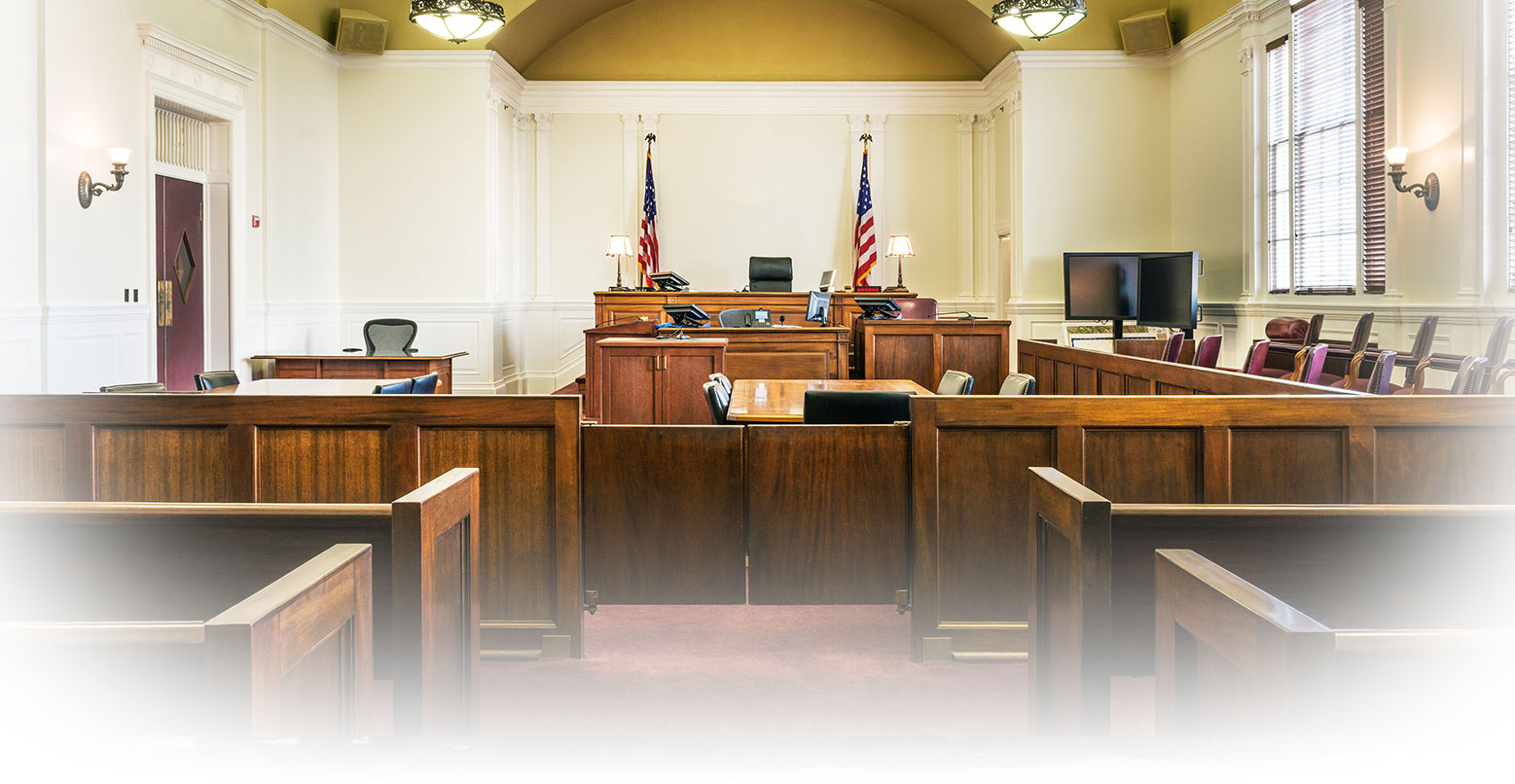Senior Crime
About Elder Abuse
It is important to become aware of and recognize the signs of elder abuse. This will enable us to help neighbors, friends or family who may be at risk.
- Physical Abuse
- Intentional use of force, causing pain and/or injury to an elder.
- Psychological Abuse
- Infliction of mental anguish by using language that is demeaning, cruel or insulting, or causes concern for safety.
- Financial
- Unauthorized use of money, property or other resources by friends, family or strangers.
- Caregiver Neglect
- Failure to fulfill the obligations needed to maintain health and well-being of the person being cared for,
- Self Neglect
- Failure to provide for self with necessities such as food, clothing, shelter, medical attention, medication, safety, personal and dental hygiene, companionship, and financial management.
Preventing Elder Abuse
Elder Abuse crosses all social, economic and ethnic lines – any elderly person could become a victim. It is important to become aware of the possibility of elder abuse and be able to recognize signs that might suggest its occurrence. This awareness will enable us to help neighbors, friends or family members who may need information, direction, support or assistance.
It doesn’t take any special effort. But it does mean caring enough to notice something out of the ordinary—changes in the older person’s appearance or behavior, deteriorating health, or personal hygiene, missing possessions or money.
Reporting Elder Abuse
If an elderly person you know is being victimized, it is important for you to take action to stop it. Without intervention, abuse almost always escalates and victims are often reluctant to report. An elderly person’s well being may depend on you.
- Local Police
- Stanislaus County Victim Services
- Phone: 209-525-5541
- Adult Protective Services
- Phone: 209-558-2637
- Area Agency on Aging
- Phone: 209-558-8648
- Medicare Fraud HICAP
- Phone: 209-577-4068
- Ombudsman Program
- Work: 209-529-3784
- Fax: 209-529-6083
- United Way
- Phone: 209-572-2255



